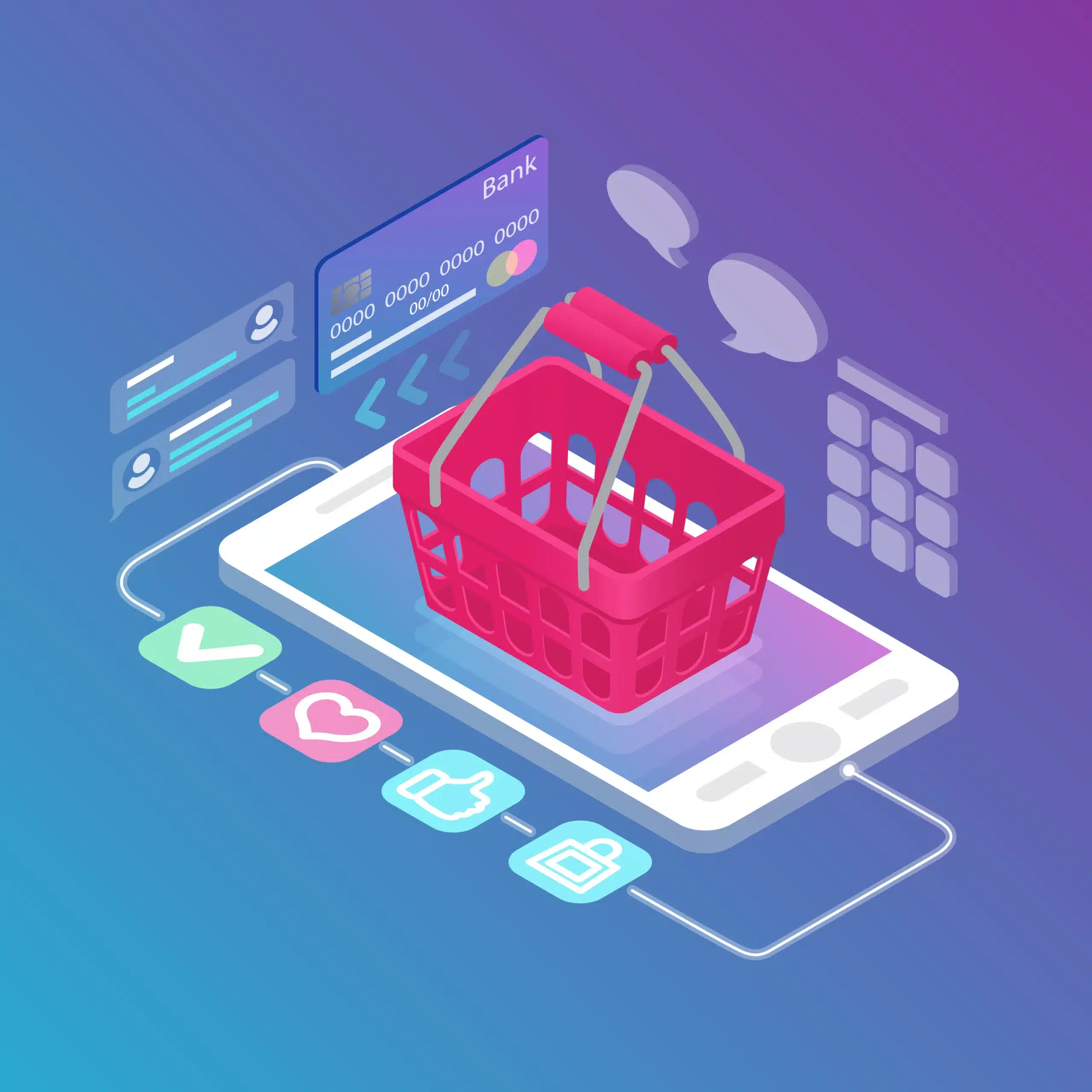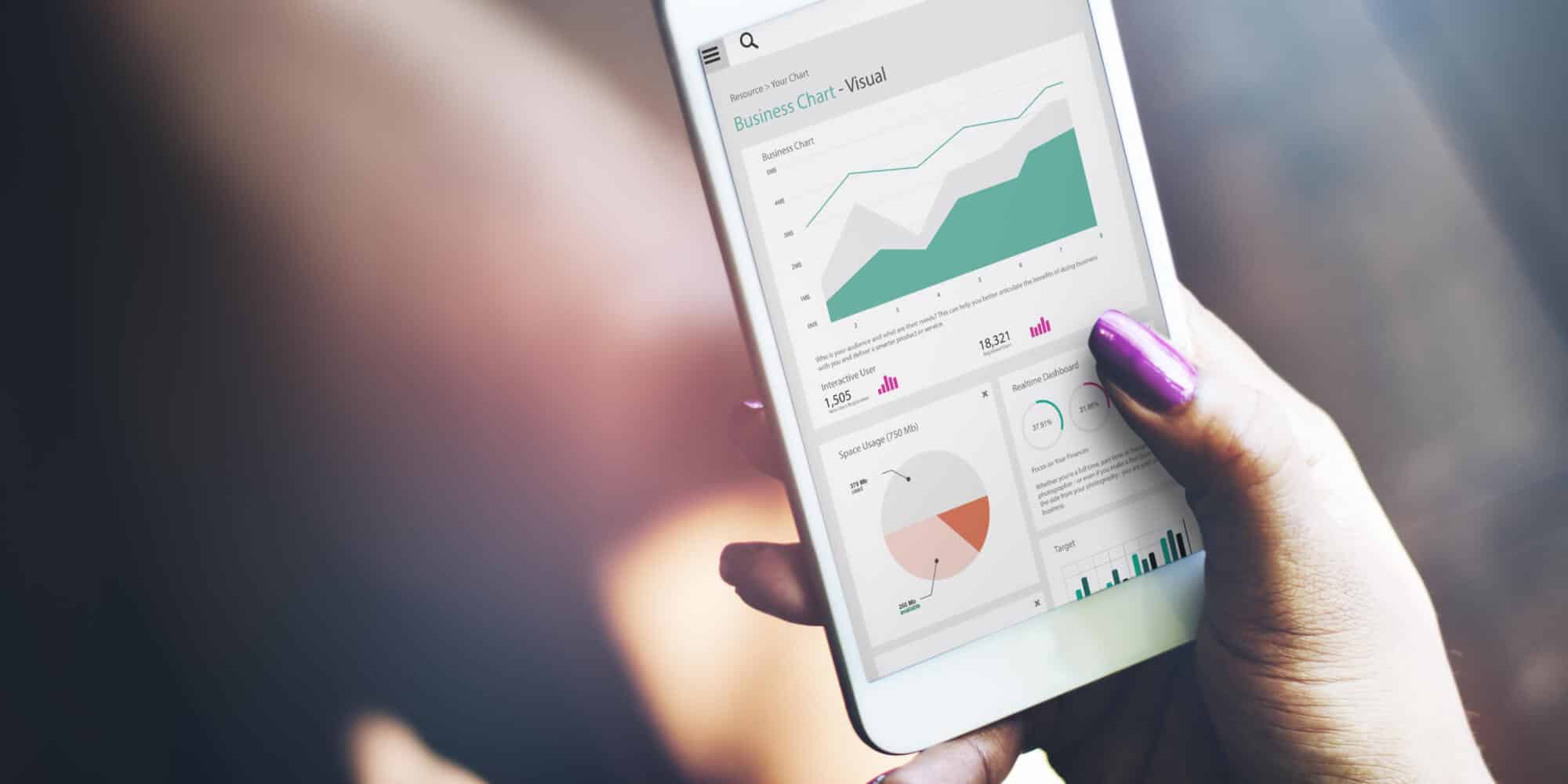S
- Sandbox Environments
- Secure Coding Practices
- Security Automation
- Security Awareness Training
- Security Champions
- Security Information and Event Management (SIEM)
- Security Orchestration
- Security Posture
- Shift-Left Security
- Smart City
- Smart Home
- Smart Manufacturing
- Smart Meters
- Smart Products
- Smart Spaces
- Software as a Service (SaaS)
- Software Composition Analysis (SCA)
- Software Defined Networking (SDN)
- Software Development Life Cycle (SDLC)
- Static Application Security Testing (SAST)
- Structured Data
Marketing Automation
Simple Definition for Beginners:
Marketing automation uses software to automate repetitive digital marketing tasks, such as sending emails, posting on social media, and managing campaigns, to improve efficiency and effectiveness.
Common Use Example:
A business uses marketing automation to send personalized email campaigns to customers based on their browsing behavior and purchase history, increasing engagement and sales.
Technical Definition for Professionals:
Marketing automation refers to the use of software platforms and technologies designed to automate repetitive marketing tasks and workflows. This includes email marketing, social media posting, lead nurturing, customer segmentation, campaign management, and analytics. Marketing automation tools enable marketers to create and manage personalized marketing campaigns at scale, track customer interactions, and analyze campaign performance to optimize strategies. Key functionalities often include automated email sequences, CRM integration, behavioral targeting, A/B testing, and marketing analytics. By automating these processes, organizations can improve operational efficiency, enhance customer experience, and achieve better marketing outcomes.
Marketing Automation

